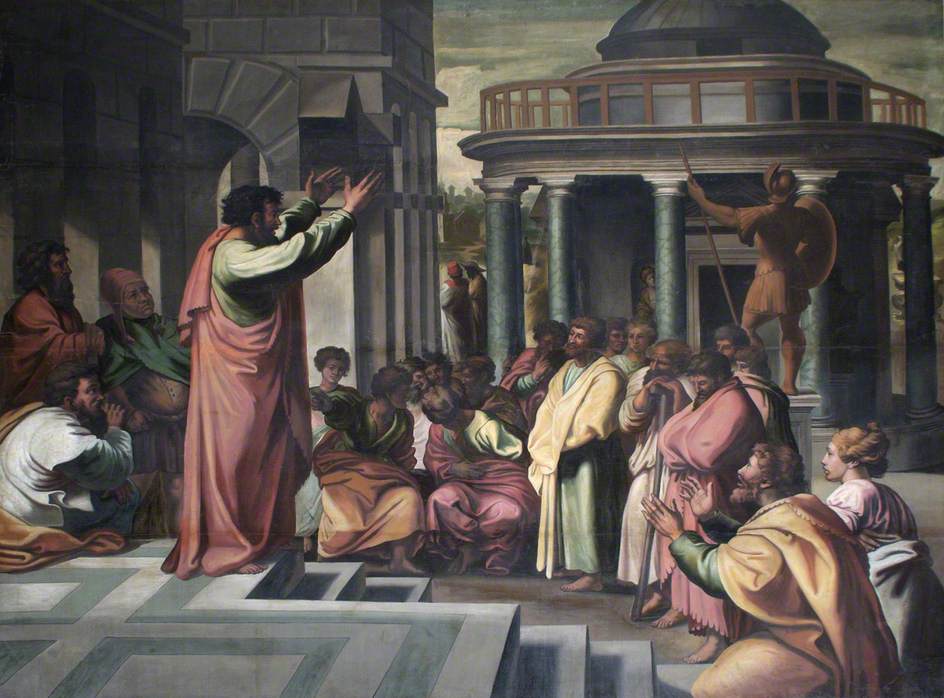
2 September 2014 by Jason Law CM –
Have you ever wondered how our thought patterns and beliefs form? Though we are counseled to depend wholly on God’s Word, there is actually nothing mystical about it. It is just like following the advice given by a parent who is concerned about our well-being and loves us. The problem is, we are also exposed daily to external foreign influences, and these also have a habit of forming our worldview. Among these great influences are some forms of Greek philosophies.

Recently, in the FGB Annual Convention, Dr Hugo Chan shared an important message. In order to fully appreciate its importance, however, we need to completely understand the context in which it was given. As Christians, we also need to understand the way we think.
So consider this simple article about belief systems and philosophy a preamble to the one about his message, written for those who value such things. I have endeavoured to present it in a straightforward manner, according to my understanding of the subject.
Greek Philosophy and Hebrew Culture
Slightly more than 2000 years ago, the Greek philosopher Plato taught, basically, about the Ideal/Perfect World, and its Shadow/Imperfect World ie the world that we experience through our senses. To put it in very simple terms, in his teachings, he believed that the ever-changing world that we experience through our senses is a mere shadow, or copy, of a higher, real world that actually consist of absolute, constant, and perfect ideas.
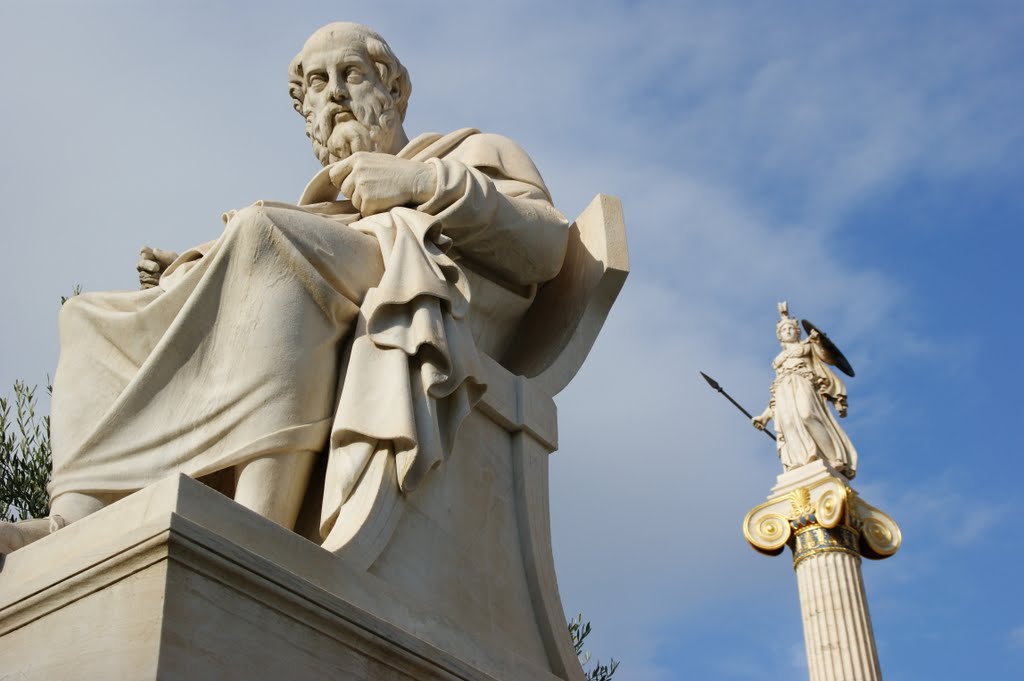
Without true knowledge, we can only perceive the shadows of these ideas, and not their actual substances. This developed into one of the main philosophical branches, and has influenced cultures around the world to a great degree, leading to such beliefs as Gnosticism.
Definition of Idealism: any system or theory that maintains that the real is of the nature of thought or that the object of external perception consists of ideas.
For example, many of us believe today that the world we are in is an inferior shadow of Heaven ie the Ideal World. The world that we sense around us itself is corrupted, fallen, and false. And in order to reach God, we need to strive to reach the Ideal World either through privileged knowledge like the Gnostics or through special rituals. Even the great theologian, St Augustine was influenced by this belief to a certain degree in his Confessions and City of God.
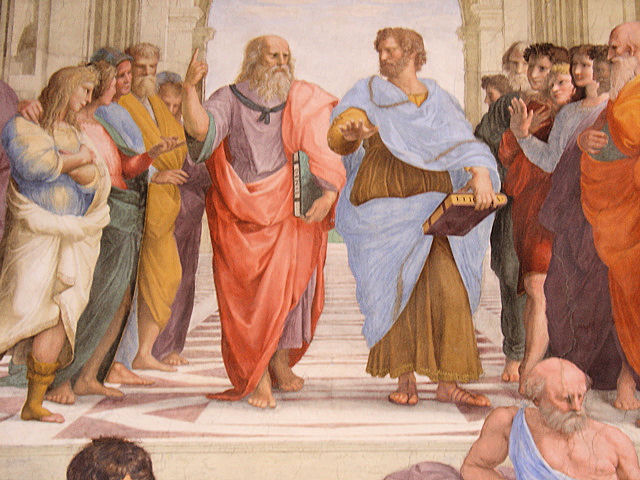
But even within Greek philosophy, Aristotle felt that his teacher’s teachings had flaws. We recognize things for what they are, not because we have faint memories of a ‘Perfect Tiger’ in an Idealistic world somewhere, but rather, because we recognize the essence/characteristics of a tiger, from previous ones we have experienced through our senses.
Definition of Empiricism: the doctrine that all knowledge is derived from sense experience.
Some examples of essences are; a tiger has stripes, is orange and black, has four legs, is furry, roars, etc.. If we had never seen a tiger with four legs through our own eyes but only those with three legs, we would only know tigers as having three legs.
To understand the difference between the two philosophers in an uncomplicated way, it helps to look at Plato like a mystic, while Aristotle is like a scientist.
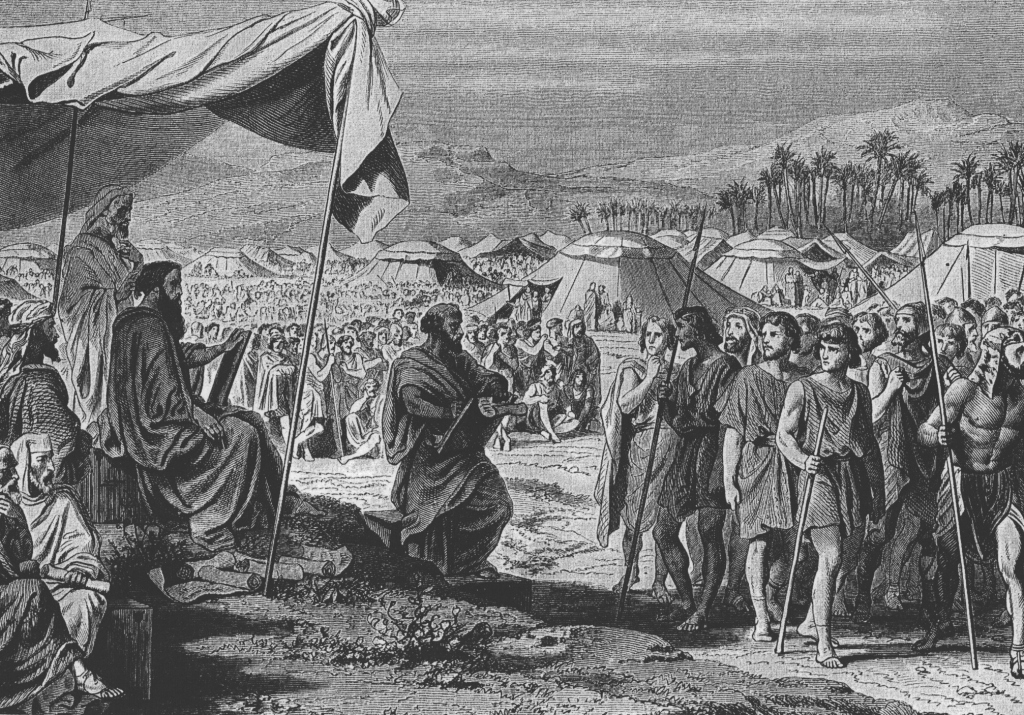
For the Hebraic Jews, there was a marked difference in culture. In their culture, everything was sacred; from their worship to their work, and even to their rest like the Sabbath day. They did not believe in separating the divine from the mundane. And in the Book of Genesis when God first created everything, He saw that it was good. When Adam and Eve fell into sin, sin came into the world, but the world itself was still God’s creation, and it was and is still good. As the saying goes, God does not create garbage.
Our Culture as a People of God
While the minds of Plato and Aristotle were no doubt powerful ones and they have contributed much, especially in the field of Ethics, we must also be discerning. Especially so, when it is in the field of Metaphysics and Theology, which deal with the nature of reality and God.

As Christians, we have been given the Great Commission; roles to redeem and reconcile mankind back to God. That is our greatest calling, and that should be our mindset. We cannot view ourselves as an exclusive club. For the Israelites, their relationship with God was a way of life, and nothing was separated from it. There are times, especially during difficult ones, that we need to remember the people of the Early Church, and the Israelites.

For them, every step they took was directed by God. The clearest example we can see is in the stories of the Exodus, the Babylonian Exile, and in the Book of Acts. The Israelites prospered as long as they were walking with God, and placed themselves in danger whenever they strayed. In the same way, our relationship with God is not, and should not, be an isolated part in our lives, but rather, in the whole of our lives.
|Share The Good News|

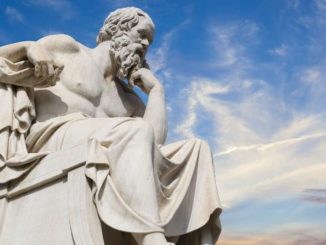

Leave a Reply